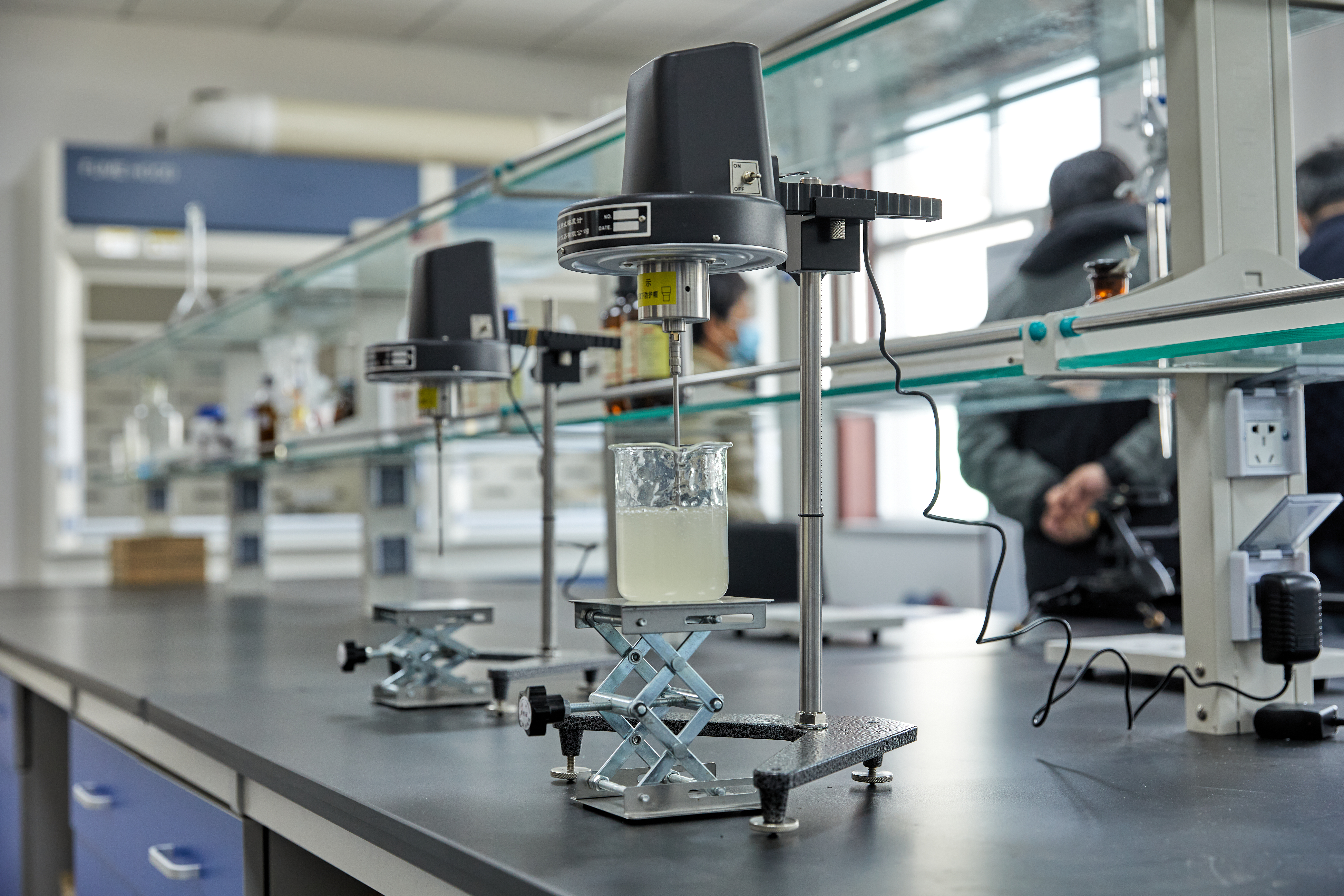Hydroxypropyl Methyl Cellulose (HPMC) is a cellulose ether widely used in various industries for its thickening, water-retention, and film-forming properties. The gelation temperature of HPMC can be influenced by several factors, and encountering problems related to gelation may require adjustments in formulation or process conditions. Here are some considerations:
- Grade of HPMC:
- Different grades of HPMC may have varying gelation temperatures. Check the specifications provided by the manufacturer for the specific grade you are using. Higher substitution levels of hydroxypropyl and methyl groups may affect the gelation behavior.
- Concentration of HPMC:
- The concentration of HPMC in a formulation can impact its gelation temperature. Generally, higher concentrations may lead to lower gelation temperatures. Adjust the concentration to achieve the desired gelation characteristics.
- pH of the Formulation:
- The pH of the solution can influence the gelation behavior of HPMC. Typically, HPMC gels more readily in slightly acidic conditions. Adjusting the pH within the recommended range for the specific grade of HPMC can help control gelation.
- Temperature:
- Gelation of HPMC is temperature-dependent. The gelation temperature may vary based on the specific formulation and concentration. Experiment with different temperatures during the formulation process to optimize the gelation characteristics.
- Hydration Time:
- The time allowed for HPMC to hydrate can affect its gelation properties. Allowing sufficient time for complete hydration before subjecting the formulation to temperature changes can contribute to better gel formation.
- Use of Plasticizers:
- Depending on the application, the addition of plasticizers or other compatible additives may alter the gelation temperature. Experiment with small amounts of plasticizers to observe their impact on the gelation behavior.
- Compatibility with Other Ingredients:
- The presence of certain ingredients in the formulation may influence the gelation properties of HPMC. Ensure compatibility with other components and adjust the formulation accordingly.
- Testing and Optimization:
- Conduct small-scale trials and tests to optimize the gelation temperature. Make adjustments to the formulation variables while considering the specific requirements of your application.
If you are facing challenges with the gelation temperature of HPMC, it may be beneficial to consult with the manufacturer or a formulation expert. They can provide guidance based on the specific grade of HPMC you are using and the intended application. Additionally, performing rheological studies and thermal analyses can provide insights into the gelation behavior of HPMC in your formulation.


